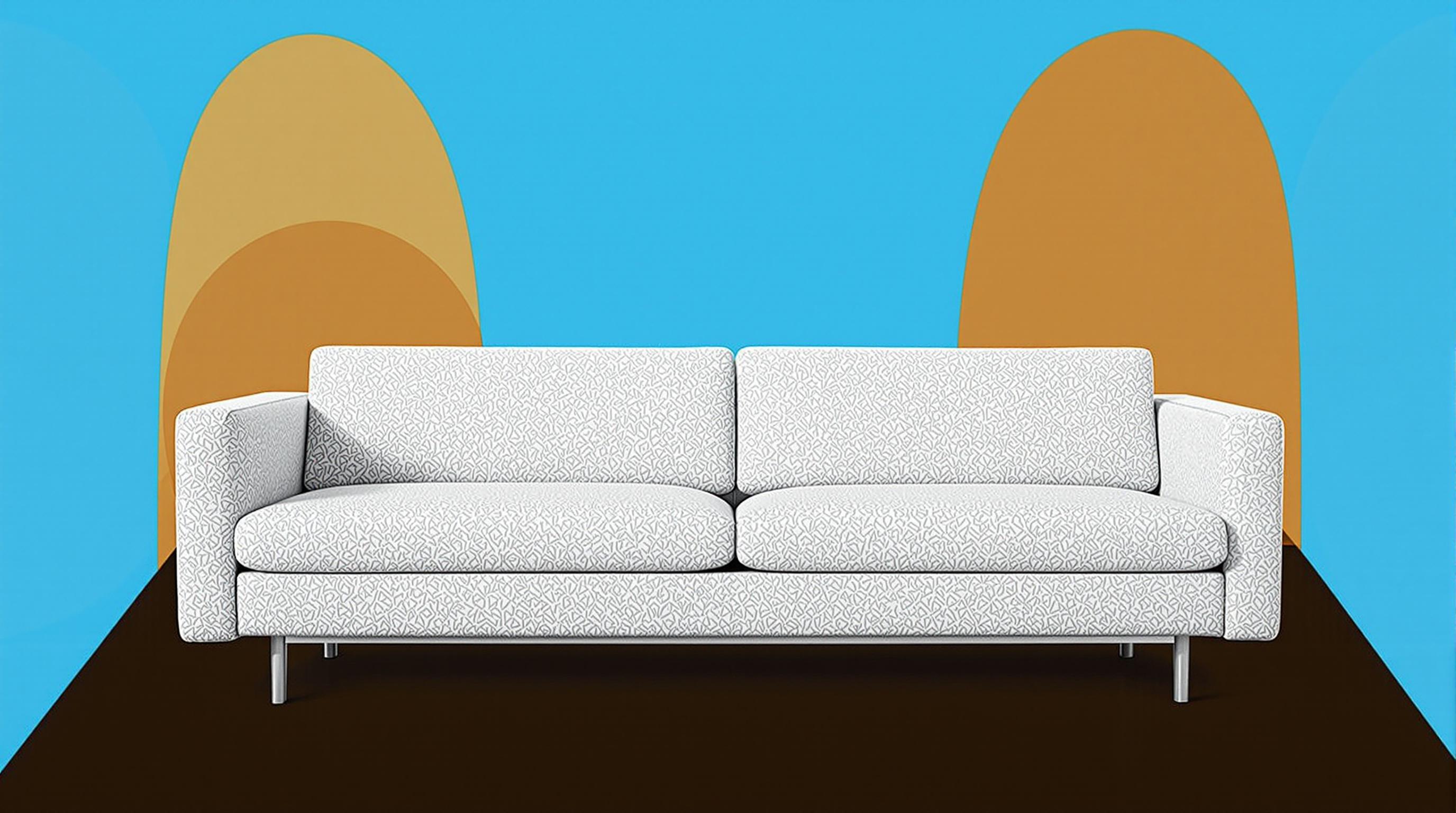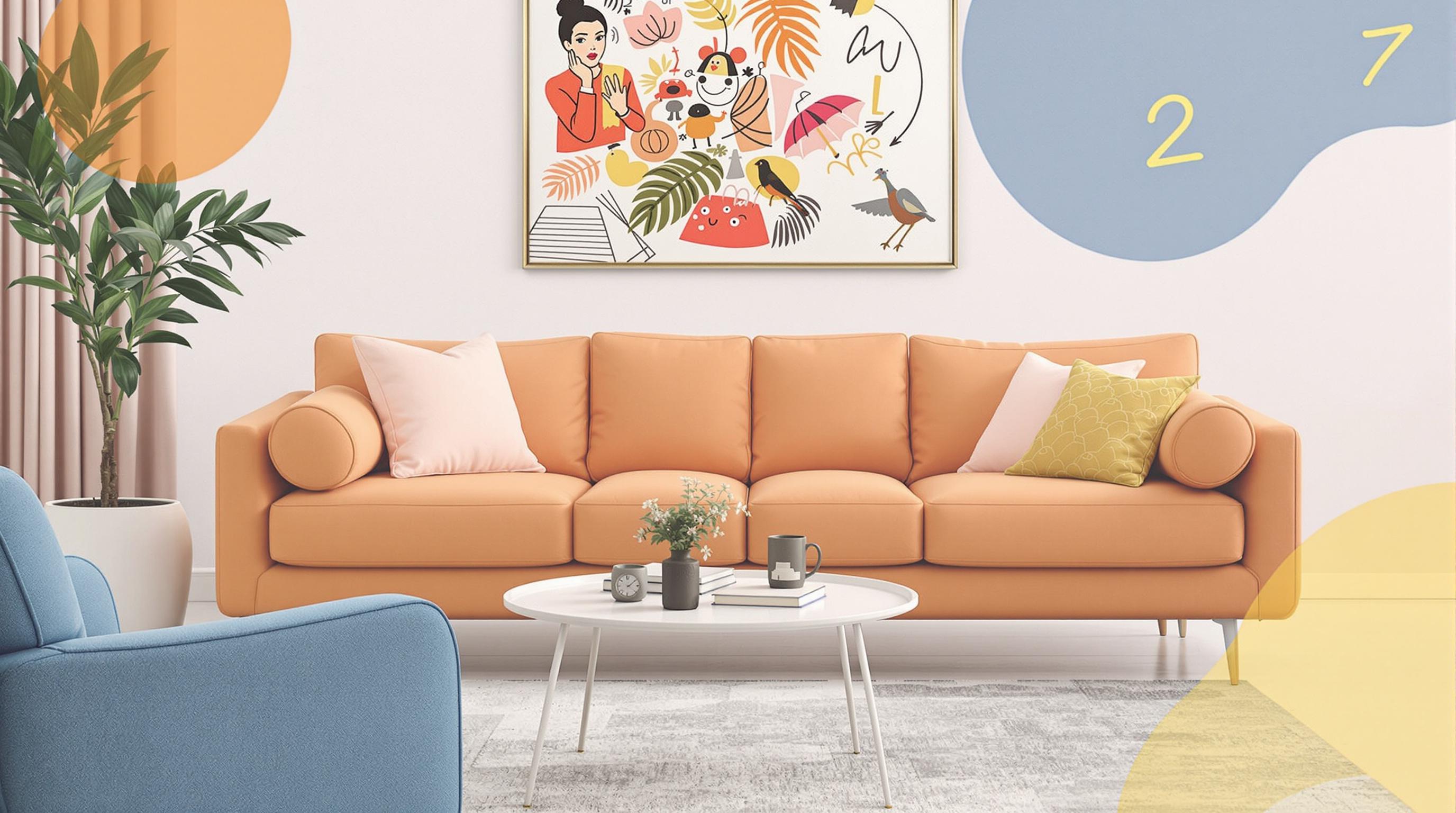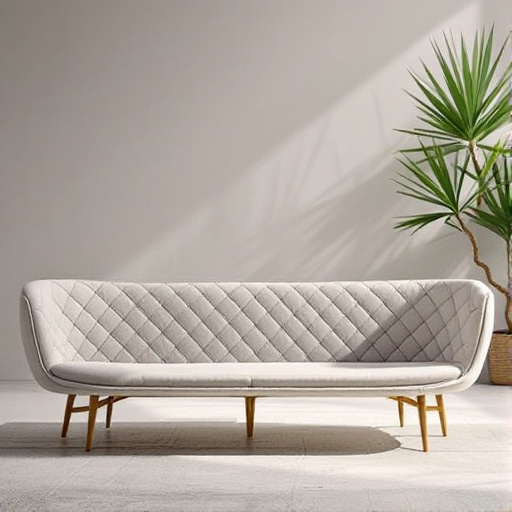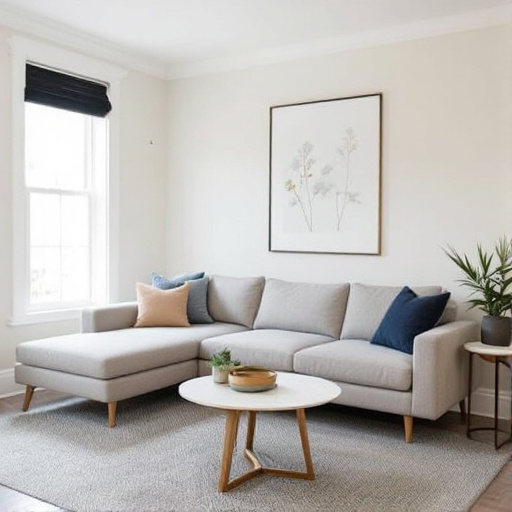Featured Articles
- 8 Essential Psychological Triggers to Consider When Choosing Furniture for Lasting Comfort and Style
- Embracing Minimalism: The Rise of Multi-Functional Furniture in Small Space Living
- "Exploring the Minimalist Movement: Furniture Choices That Speak Volumes Without Saying a Word"
- "Feng Shui Furniture: Can the Right Pieces Transform Your Energy Flow at Home?"
- "Furniture Feng Shui: Unveiling the Hidden Energy of Your Home Design Choices"
"Furniture Feng Shui: Unveiling the Hidden Energy of Your Home Design Choices"
"Furniture Feng Shui: Unveiling the Hidden Energy of Your Home Design Choices"
Furniture Feng Shui is the art and science of arranging your living space in a way that promotes positive energy flow and enhances overall well-being. By exploring the principles of Feng Shui and incorporating them into your home design choices, you can create a balanced and harmonious environment that resonates with your needs and aspirations.
The Basics of Feng Shui
Feng Shui, pronounced "fung shway," is an ancient Chinese practice that dates back over 3,000 years. According to the teachings, everything in your environment holds energy, known as "Chi" (or "Qi"). Chi flows through your space and can significantly impact your mood, relationships, and even your financial health. Think of it as the vibe your space gives off; just like the right playlist can uplift your spirits, the right arrangement of furniture can channel positive energy.
How Furniture Placement Influences Energy
One of the most significant aspects of Feng Shui is furniture placement. For instance, the placement of your bed plays a crucial role in your personal energy. Ideally, the head of your bed should be against a solid wall with a clear view of the door. This arrangement is referred to as the "command position" and is believed to evoke a sense of security and control.
Interestingly, studies indicate that many people are unaware of how their surroundings impact their mental health. A 2016 survey by the American Psychological Association found that over 50% of Americans reported feeling stressed due to cluttered or disorganized living spaces. By applying Feng Shui principles, such as decluttering and mindful furniture placement, it’s possible to alleviate some of this stress.
Finding Your Personal Feng Shui Style
If you think Feng Shui is just for those who live in opulent homes, think again! You can apply these principles in any space, whether you're in a cozy apartment or a sprawling house. A great way to start is to examine your lifestyle—are you a minimalist, or do you thrive in a more eclectic environment? Defining your style can guide your furniture choices to ensure they resonate with your personality while promoting positive energy.
Case Study: Transforming a Small Apartment
Let’s take the example of Sam, a 28-year-old graphic designer living in a bustling city. Despite his creative career, Sam often felt uninspired and anxious in his cramped apartment. After studying the principles of Feng Shui, he decided to rearrange his furniture and declutter. He positioned his desk in the command position near the window, allowing natural light to flood in while keeping an eye on the door. Soon after, he reported feeling more energetic and inventive—qualities befitting a designer!
Color Theory in Feng Shui
Did you know that colors hold specific energies according to Feng Shui? For example, red is believed to bring good luck and prosperity, while blue promotes calm and relaxation. Integrating these colors into your space can help you harness the energy you want to cultivate. Try introducing cushions, wall art, or even paint to create the desired atmosphere in your home. Who knew a splash of color could be a game-changer?
The Power of Mirrors
Another fascinating Feng Shui element is the strategic use of mirrors. Mirrors are known to double the space—and the energy. However, it’s essential to place them thoughtfully: avoid facing mirrors directly toward doors or windows, as this can cause energy to bounce away and diminish the sense of warmth in your home.
Practical Tips: Furniture Feng Shui for Every Room
Now that you're sold on the idea of incorporating Feng Shui into your home, let’s explore practical tips for various rooms:
Living Room Feng Shui
- Seating arrangement: Arrange sofas and chairs in a circular or oval pattern to encourage conversation and connection.
- Clear pathways: Ensure there’s ample space for movement to promote the flow of Chi.
- Focus on balance: Use symmetrical décor to create harmony and stability.
Bedroom Feng Shui
- Bed placement: Position your bed away from the door but not directly in line with it.
- Two nightstands: This symbolizes partnership in relationships; don’t opt for just one!
- Soothing colors: Use soft, calming colors to encourage relaxation.
Home Office Feng Shui
- Desk in command position: Place your desk where you can see the door but not be in direct line with it.
- Declutter regularly: A clean workspace fosters clarity and productivity.
- Personal touches: Incorporate items that inspire you, such as artwork or plants.
Modern Misconceptions About Feng Shui
Some might scoff at Feng Shui, thinking it’s nothing more than superstition. However, plenty of modern interior designers embrace Feng Shui principles, citing that a well-designed space can have tangible impacts on well-being. Consider the fact that the principles draw from millennia of experiential wisdom, suggesting they carry weight that shouldn’t be dismissed easily.
A Fun Feng Shui Activity: The Bagua Map
If you want to take your Feng Shui journey further, consider using a Bagua Map. This tool allows you to map out areas of your home that correspond to different facets of life—like wealth, health, and relationships. Once you've identified these sectors, you can enhance them through furniture placement and décor choices that align with your goals. Play around with this concept; it’s almost like playing a life-sized game of Tetris!
Stories from the Field: Feng Shui Transformations
The magic of Feng Shui isn’t only anecdotal; numerous documentaries and books showcase profound transformations. One compelling case features a family on a popular home improvement show that utilized Feng Shui principles for a complete renovation. The results were astonishing: not only did the design look stunning, but the family also reported improved dynamics and harmony in their relationships.
Pitfalls to Avoid
While diving into the world of Feng Shui, be cautious of common pitfalls, such as over-decorating or ignoring the flow of Chi. Too many decorative items can create clutter, which suffocates energy. Always remember that less can be more—keeping key pieces and areas open fosters a more conducive environment for positive energy.
Conclusion: Your Space, Your Energy
Ultimately, the power of Feng Shui lies in its ability to create a personalized living space that resonates with your unique energy. Whether you’re seeking love, success, or tranquility, your furniture choices can play a vital role in manifesting those desires. So why not give it a shot? The only thing you have to lose is a messy living space—and perhaps some negative Chi.
Embrace the transformation; after all, your home deserves to be as vibrant and inspiring as you are!




